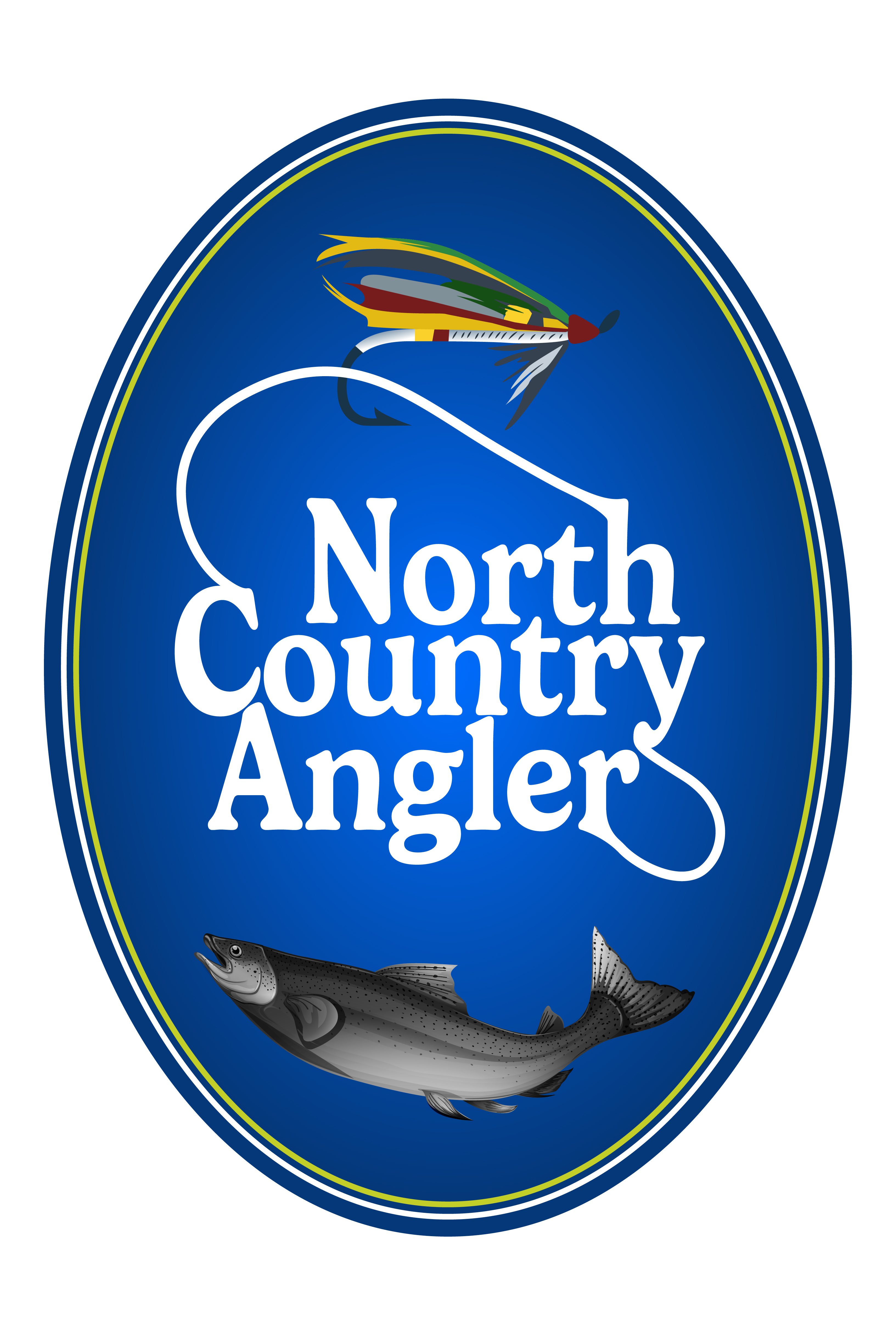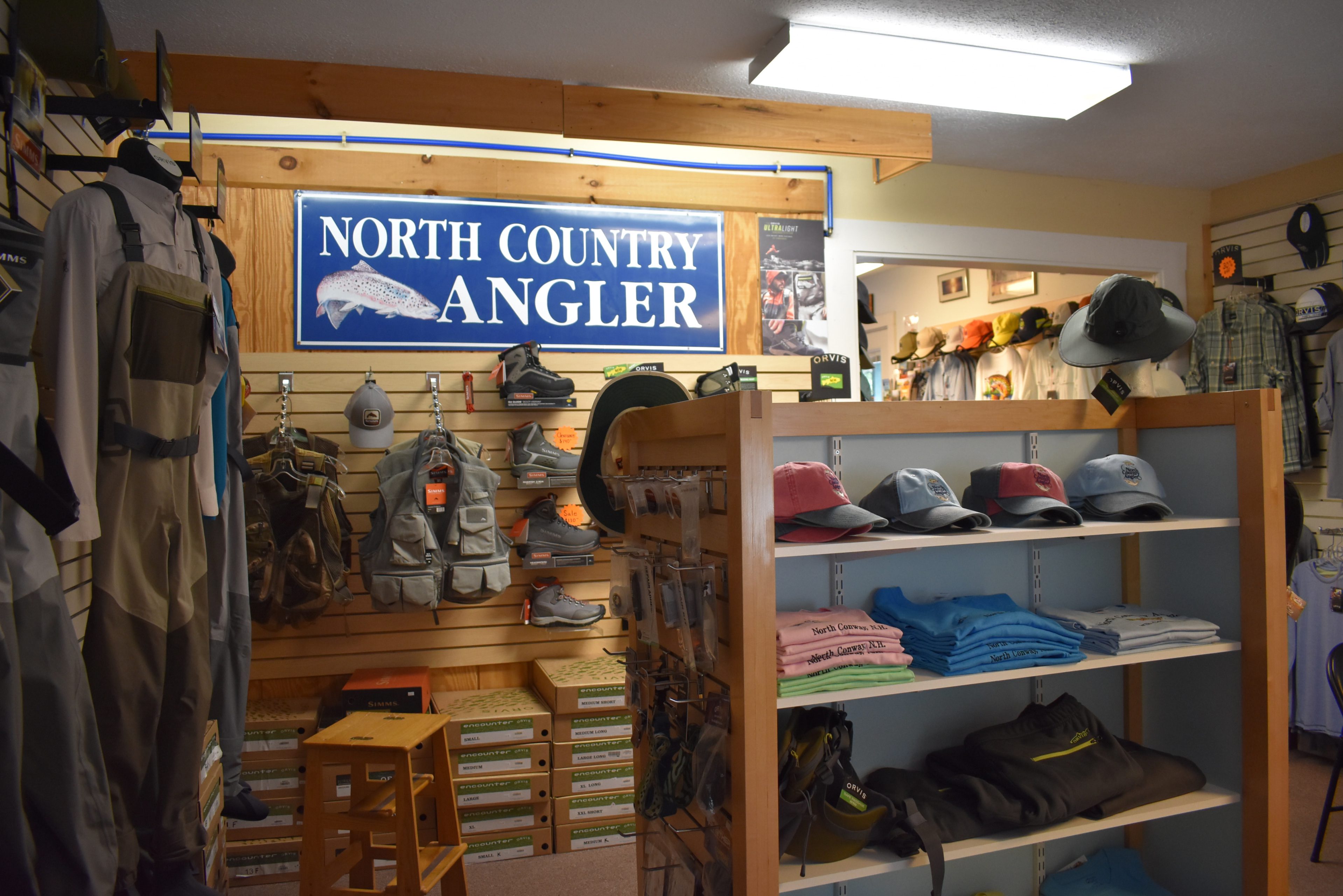An Angler’s Guide to Landowner Relations
*Excerpted from the New Hampshire Fish & Game website. For further information on New Hampshire Fish & Game’s Landowner Relations Program, or to become involved with the program, contact the program office at 603-271-3511 or email access@wildlife.nh.gov.
Access for most shoreline and stream fishing occurs over private property, as greater than 70% of New Hampshire’s land is under private ownership. If we are to maintain the fishing tradition, it is important to remember that access to private land is a privilege provided to us through the generosity of the landowner. Practicing good landowner relations is the key to maintaining access for present and future generations.
Ask first: Plan to obtain permission, whether or not the land that you would like to access the water from is posted, as landowners appreciate knowing who is on their property and what they are doing. The owner can easily be identified through the tax map, which is located at the municipal office.
In meeting with the landowner to ask permission, always dress neatly, be polite, friendly, sincere and brief. Introduce yourself, and state that you would appreciate the opportunity to access the water through their property. Always provide the landowner with your name, address and phone number, along with your vehicle’s make, model, color and registration and a list of landowners willing to serve as reference. Many anglers have found that a one-page letter of introduction is the best way to provide this information. If your request is denied, be understanding and remain polite, whether the landowner explains the reason for the decision or not.
Before Fishing: Ask the landowner where you should park, and if there are any areas or times that they would prefer you not to fish.
Remember that written landowner permission is required to operate any OHRV, including trucks, cars and all-terrain vehicles on private property. If the landowner grants permission, understand clearly where you can and cannot drive or park your vehicle.
Always ask the landowner for permission if you plan to clear a trail, cut any trees, limbs or brush.
While Fishing: Remember that you are the guest of the landowners. Treat their property with the same care and respect that you would if it were your own. Respect any requests made by the landowner.
Be careful and conservative in using all vehicles. Never park on lawns, in or block driveways, roadways, trails, crossings or gates. Always leave gates or other barriers the way you found them.
Do not walk through crops without permission. Always cross fences in a manner that will not break or loosen wires or posts. Do not cut trails to the water without permission.
Remember that many landowners derive part or all of their income from the land upon which they are allowing access, and any damage you create will affect their ability to earn a living.
Do not clean fish in and around waterbodies, especially when the area that you are fishing is in the landowner’s back yard.
Unless you are accessing by using a developed trail, alter your path in order to avoid damage to vegetation and soil erosion. Try to avoid walking on lawns.
If you plan to fish in close proximity to the landowner’s residence before sunrise or after sunset, always obtain permission to do so and let them know when you will be there. Use flashlights conservatively and keep them pointed to the ground.
If the water that you are fishing is near a residential area, remain quiet, especially early in the morning.
Always carry out all trash, including that left by others.
After the Trip: Remember that access is a privilege granted to you through the generosity of the landowner. Make every effort to express your appreciation and offer to assist with tasks that landowner needs help with.
Visit the landowner to express your appreciation and provide them with a few fresh filets.
Follow up with a personal note after the season, thanking the landowner and consider providing a token of your appreciation such as a gift certificate to a local restaurant.
Future of Fishing: Access is one of the biggest challenges facing New Hampshire anglers.
Remember that through your actions, you represent all anglers. The impression that you provide not only determines if you have a place to fish, but also that of your fellow anglers. Through your actions and words, always be the best ambassador of fishing that you can be.
For many, one of the most exciting and memorable experiences of the season will be mentoring a young angler. As part of the mentoring process instill in them that if we are to preserve our fishing heritage, we must respect landowners and their land. Consider providing them with an opportunity to ask a landowner for permission and to express their appreciation after the trip.
Fishing is a New Hampshire tradition, one that will only continue if we all follow the basic principles of good landowner relations. Treat the landowner as you would like to be treated, and treat their land as you would like yours to be treated.
As you land your first fish of the season, take a few moments to reflect upon the partnership between Fish and Game, anglers and, most importantly, private landowners, who have provided you with this opportunity, and consider what you can do to ensure that it, will continue to be available for future generations.
Best wishes for a memorable and enjoyable fishing season.

